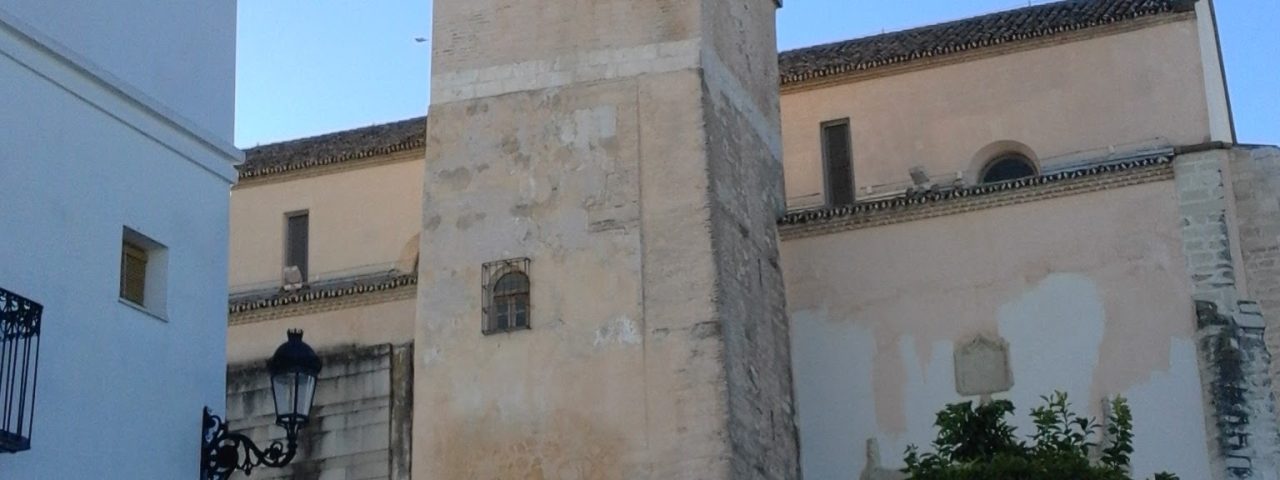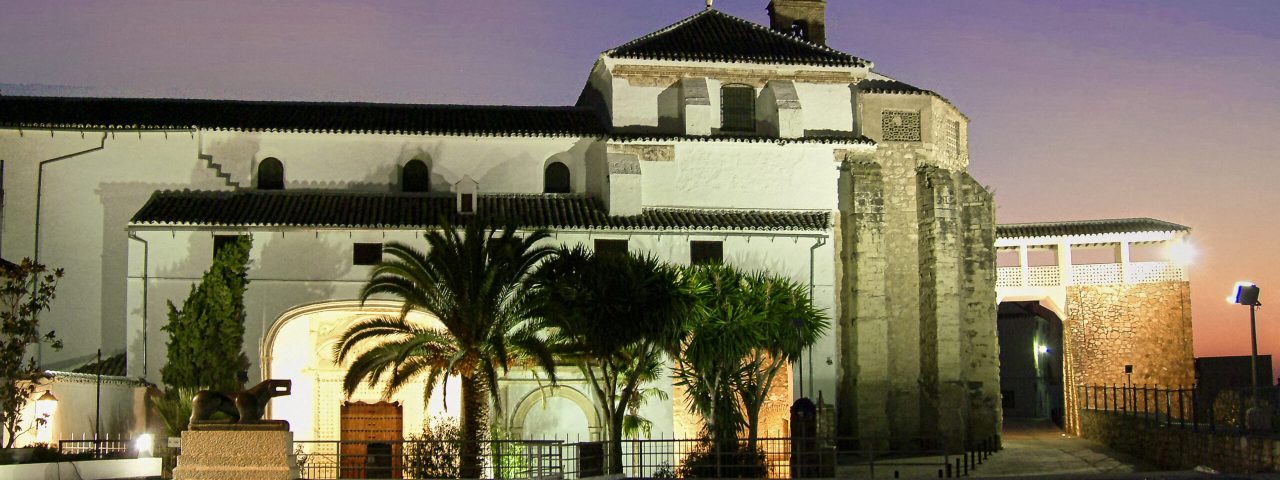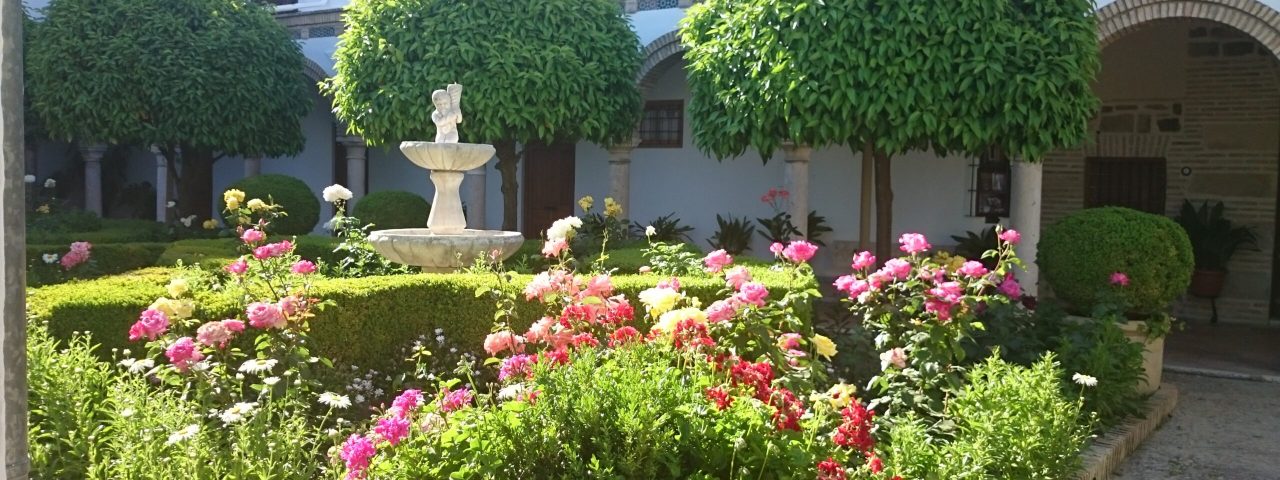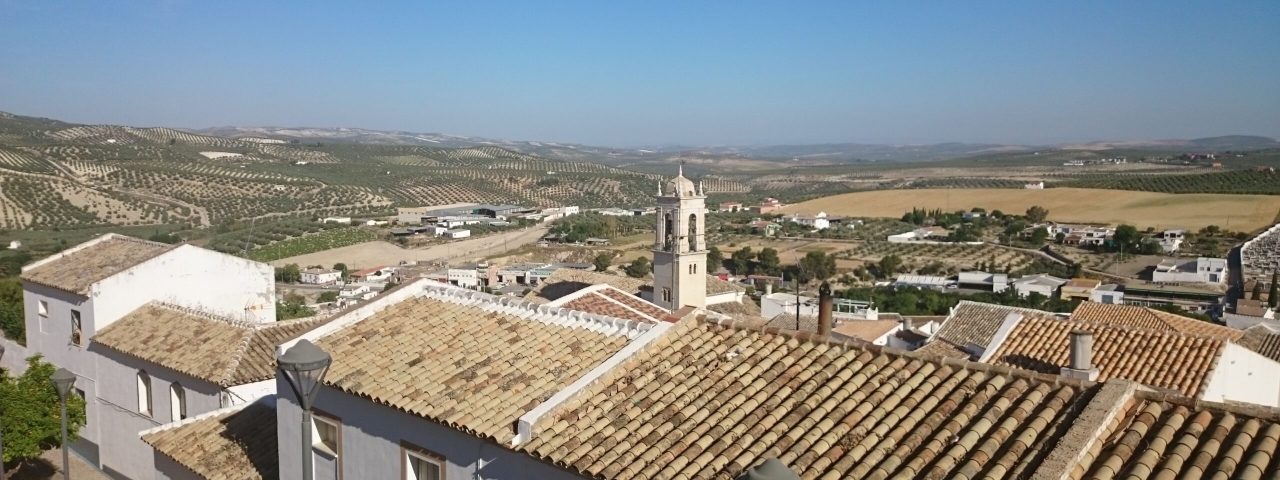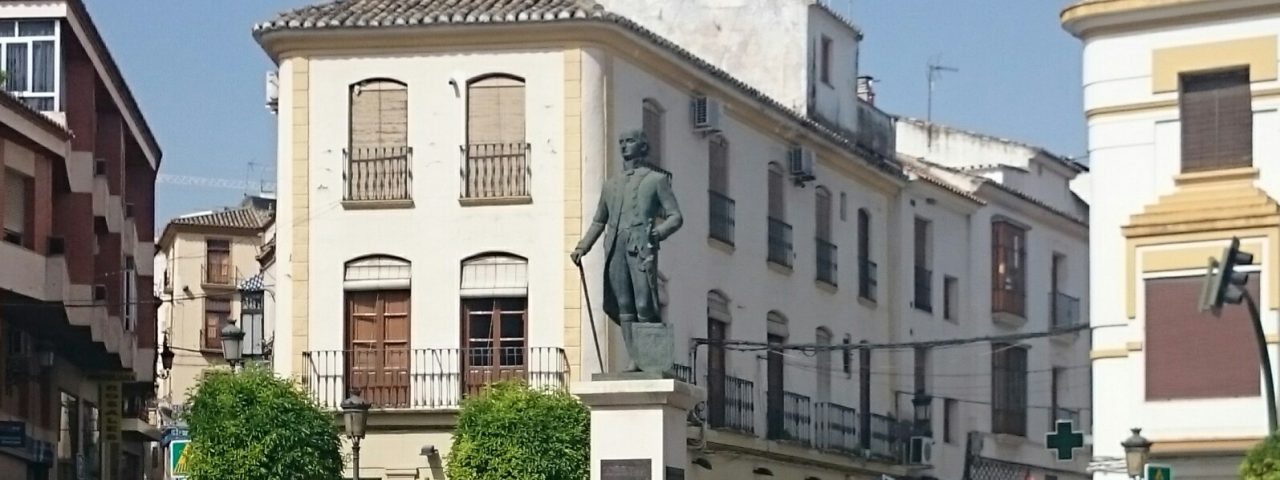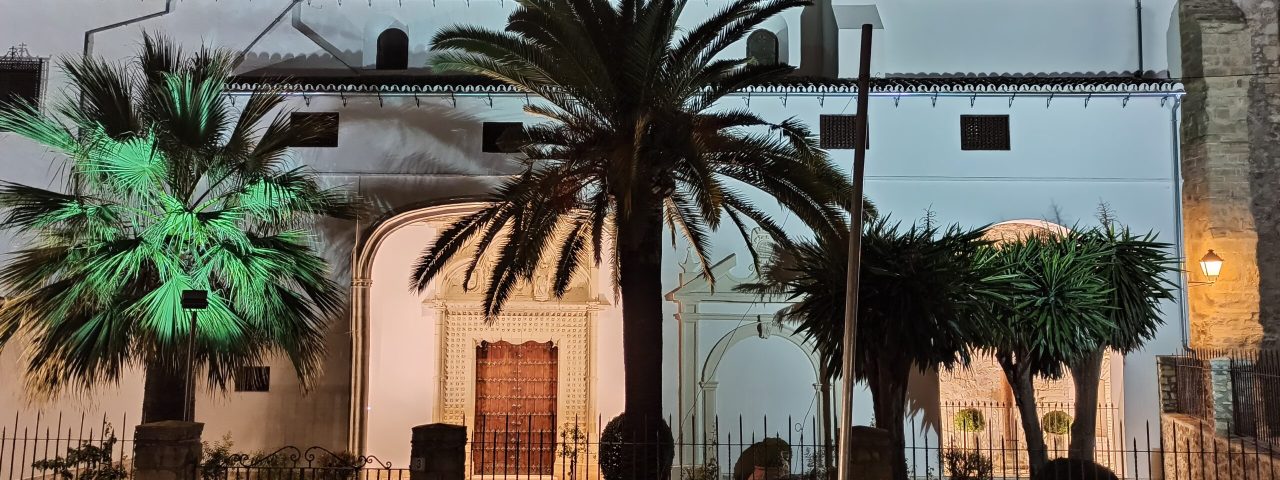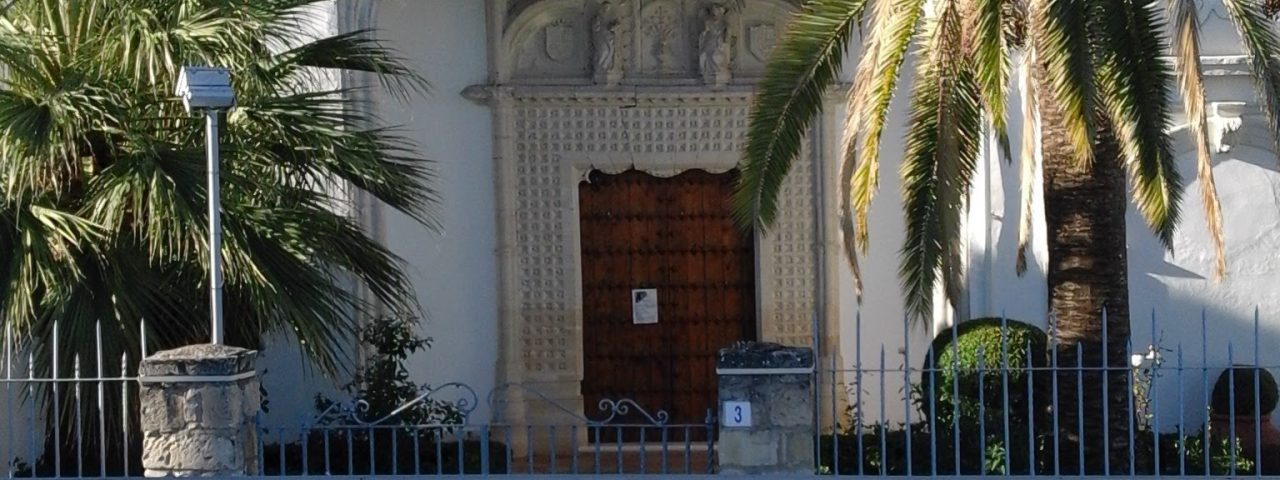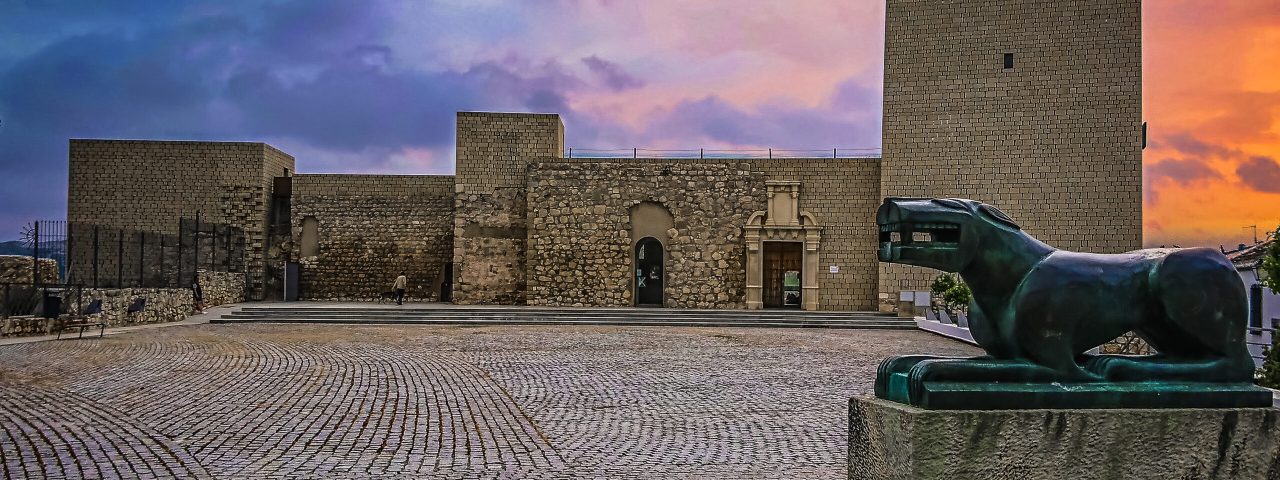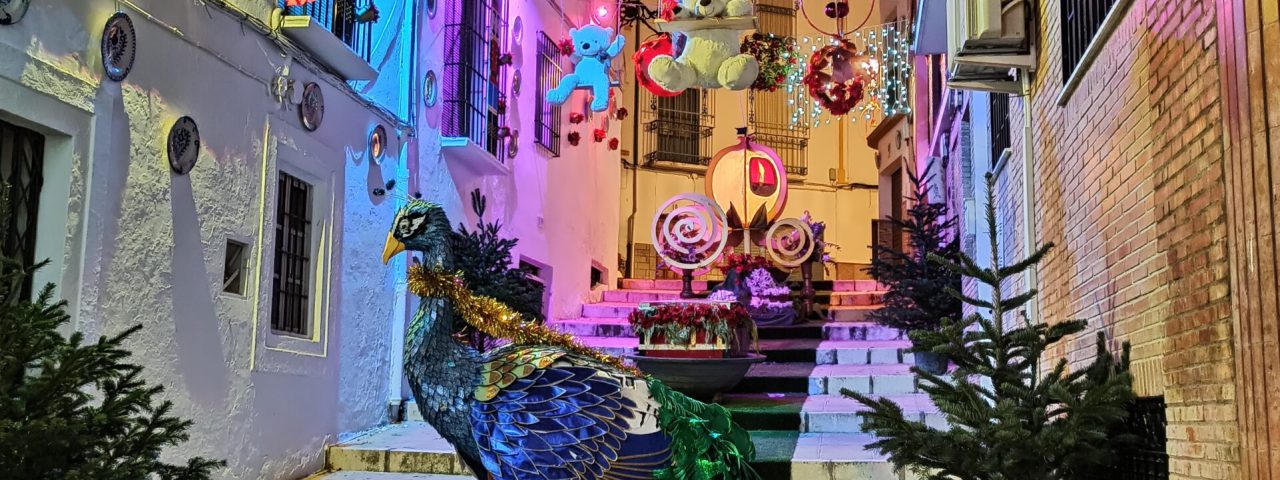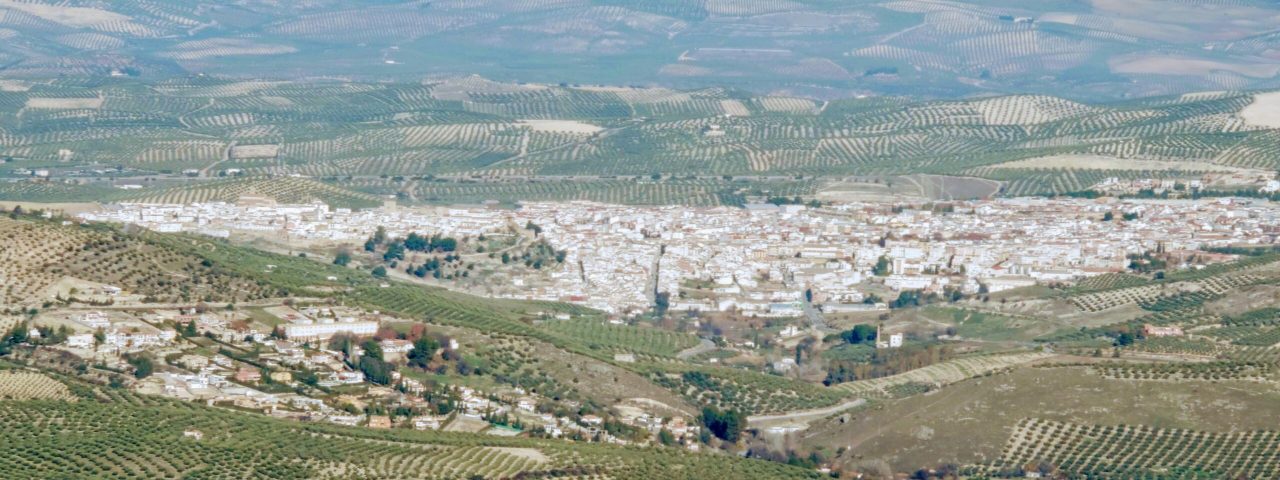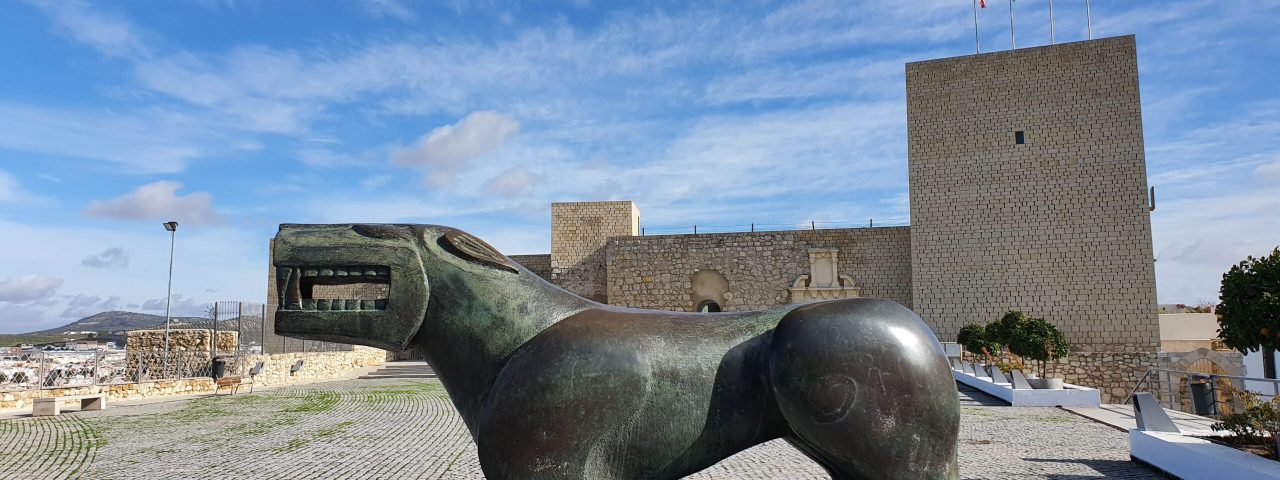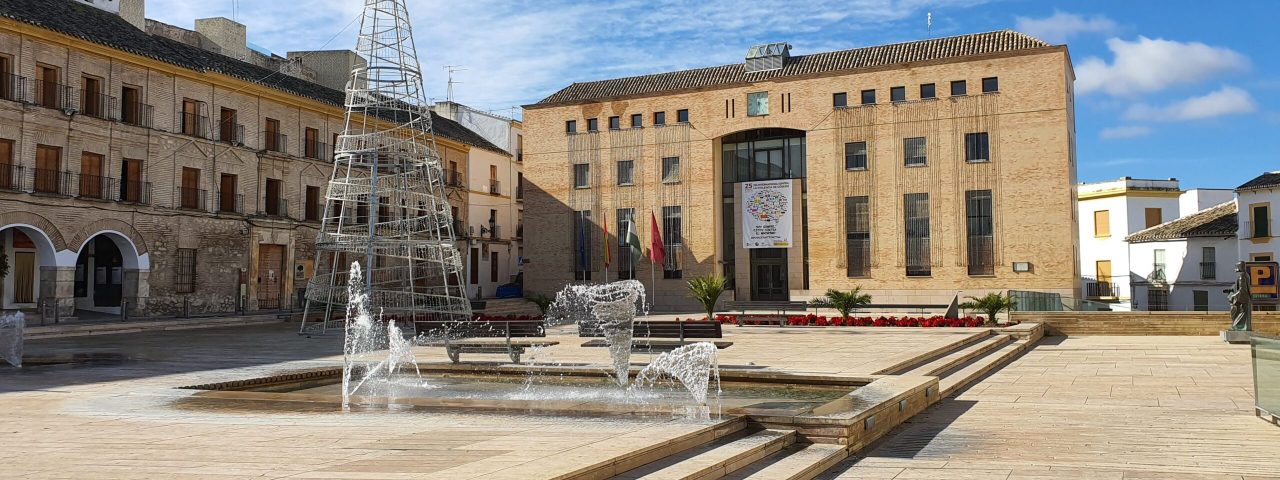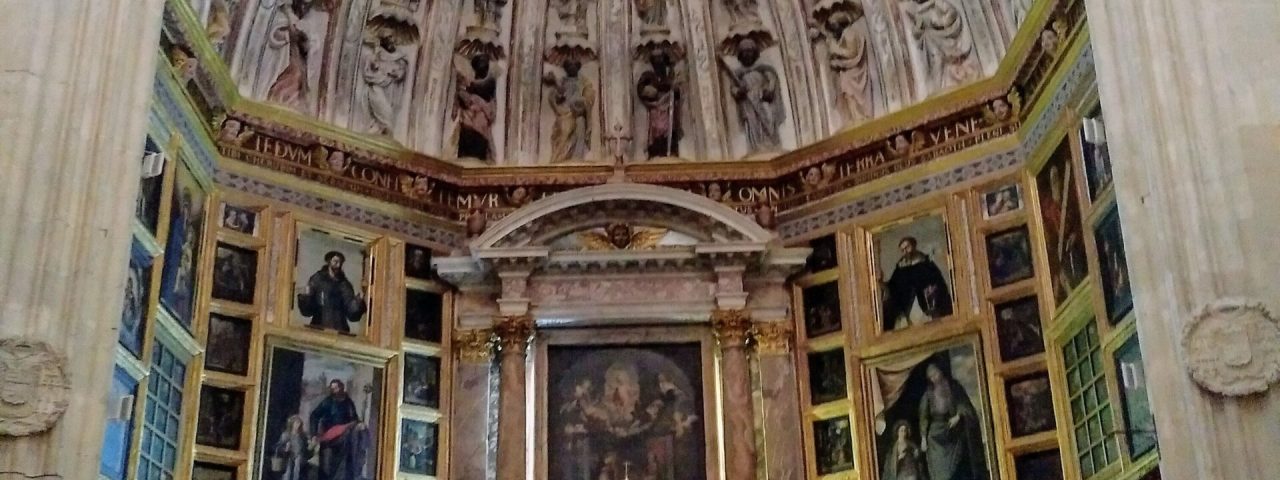Baena’s rich history spans over two millennia, with significant influences from the Roman, Moorish, and Christian periods. Originally a Roman settlement, the town grew in importance during the Moorish era, when it became a strategic fortress. Many of the town’s winding streets and ancient buildings reflect this diverse past. After the Reconquista, when the Christian forces recaptured the city in the 13th century, Baena retained much of its Moorish character while integrating Christian traditions.
Culturally, Baena is known for its strong ties to olive oil production, with the region’s olive oil considered among the finest in the world. Each year, the town celebrates its agricultural heritage with festivals dedicated to olive harvesting. The Semana Santa (Holy Week) celebrations are especially important in Baena, with elaborate processions that attract visitors from across Spain. Baena is also home to numerous local customs, such as the beating of drums during Easter, which symbolizes the struggle between different religious factions.
The city’s historical landmarks, including the Castillo de Baena (Baena Castle) and the Church of Santa María la Mayor, provide a deep dive into its storied past. These ancient structures, along with several museums, make Baena a rich cultural destination for history enthusiasts.
